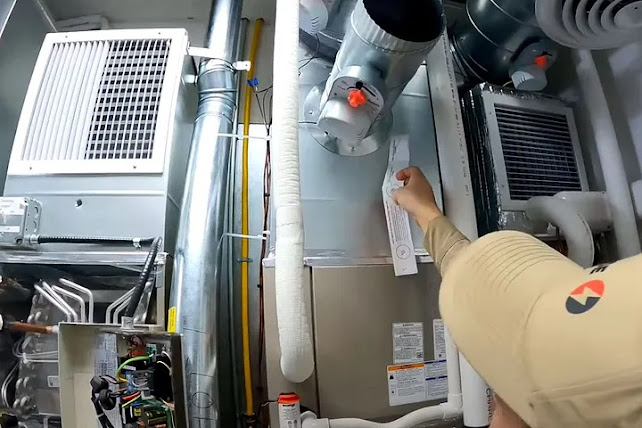Can you tell the difference in air quality when you replace your air filter?

Your HVAC system's air filter is essential for maintaining clean air in your home. It shields against dust, pollen, pet dander, and other harmful particles. But here's the real question: Can you feel the difference after changing your air filter? Prepare to be amazed! Discover the importance of regular filter replacements and experience their incredible impact on the air you breathe in your sanctuary. Understanding the Role of Air Filters Before delving into the impact of replacing your air filter, it's essential to understand the role these filters play in your HVAC system. Air filters capture and trap airborne particles, preventing them from circulating through your home's air ducts and into your living spaces. These particles can include: Dust and Dust Mites Pollen Pet Dander Mold Spores Bacteria and Viruses Smoke and Odors Allergens When air filters get all clogged up and gross, they stop catching all those nasty particles. And guess what? Those particles start floa...








